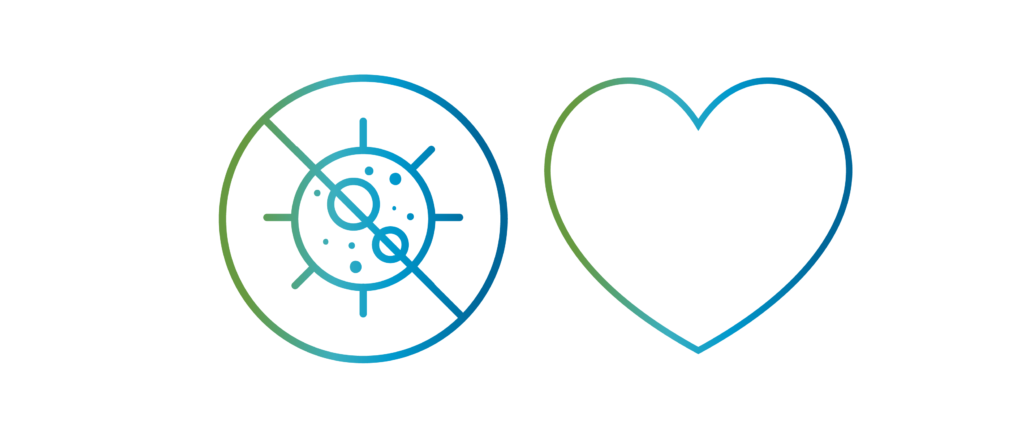November 19, 2020
Changing the Narrative Around the Holidays
 The way we approach the holidays this year is probably a bit different than in the past. Just like all of us, our loved ones are facing prolonged periods of isolation and anxiety, which can make it difficult to accept changes in our usual plans. As we recognize the danger and urgency of COVID-19, we can also offer empathy and hope when having to make adjustments to our holiday traditions.
The way we approach the holidays this year is probably a bit different than in the past. Just like all of us, our loved ones are facing prolonged periods of isolation and anxiety, which can make it difficult to accept changes in our usual plans. As we recognize the danger and urgency of COVID-19, we can also offer empathy and hope when having to make adjustments to our holiday traditions.
Dr. Alisha Moreland-Capuia (Dr. AMC), an expert on creating trauma-informed change, suggests we can still keep loved ones safe and healthy while acknowledging our human need to feel connected. We can do this by adding some nuances to the narratives that we hear in the nightly news and from loved ones. This can help save lives and maintain important relationships, as well.
- Lead with empathy, while keeping it real, when framing the conversation: “I know we want to see one another, physically be together, and everything feels so permanent right now. I acknowledge the desire and human need to feel connected.”
- Tell them you love them: “My love for you is greater than my immediate desire to see you. I am willing to make sacrifices in the short term as a way of demonstrating my love.”
- Use “I” messages to help you communicate your concerns, feelings, and needs: This will help you get your point across without the listener shutting down.
- Offer ways to feel and stay connected in the midst of uncertainty: Offer to cook and drop off food at the doorstep, or handwrite cards and send via mail followed up with a phone call to read together once received, or plan a virtual holiday meet-up using Zoom, Facetime, or Webex.
- Ask what they need: In addition to offering your own perspective, make sure to ask them for ways they think would make them feel connected. We tend to offer what we like and are comfortable with, so it’s always good to create a two-way dialogue.
COVID-19 has stolen the lives of hundreds of thousands of Americans and had a profound impact on our community’s mental health and wellbeing. Let’s work to preserve meaningful relationships during this challenging time.
